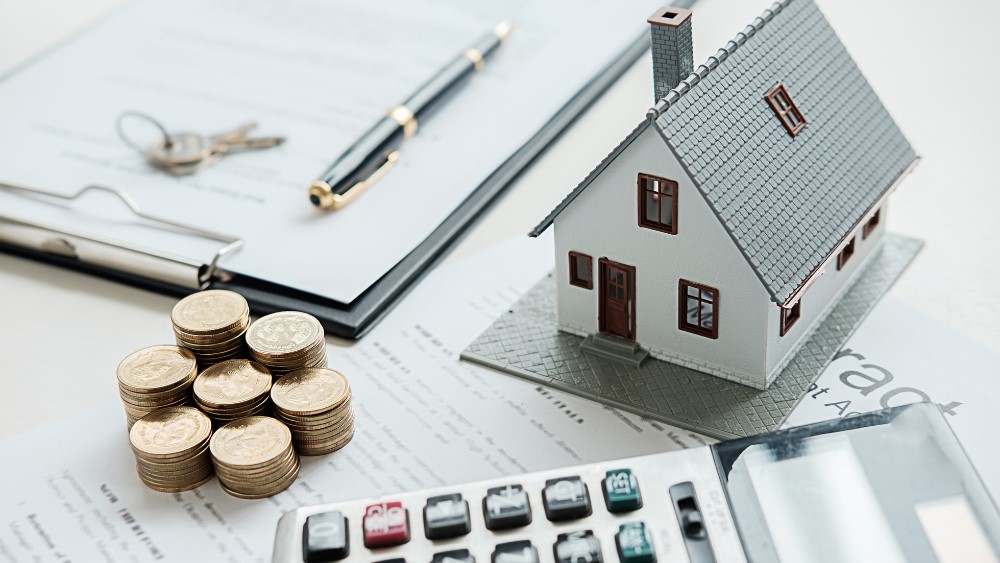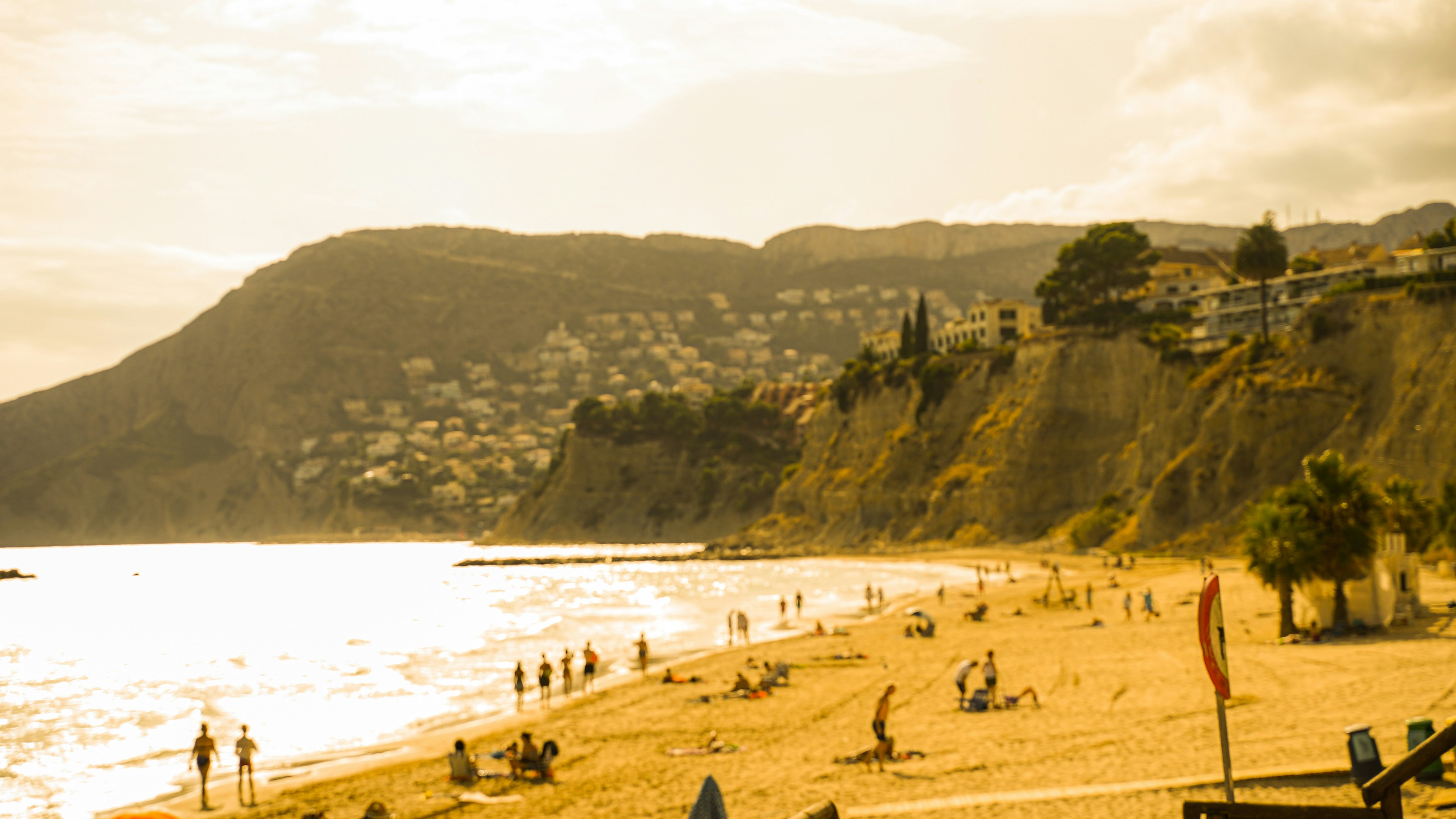
When trying to determine how much you’ll need to put a deposit down, a few different factors come into play. These include the following:
It’s usually a universal thing to pay a percentage of the property’s total value to the lenders as a deposit, regardless of where you’re located. The percentage can vary based on different factors, which include:
As a rule of thumb, it’s usually between 20-30% of the property’s value for overseas mortgages. Some countries offer mortgages with as little as a 10% deposit – some require 40% or more, which is usually the standard if you’re a non-resident.
Higher deposits mean lower monthly payments and good loan terms most of the time. You still need to know what the deposit covers and what it doesn’t since it’s easy to underestimate all the extra fees and taxes that come with buying property abroad.
Every country’s got their own rules and expectations for mortgage deposits:
Non-residents have to put down around 30% of the property’s value, but it can be like <20% if you’re a Spanish resident. You’ve also got to consider the following things in your budget when buying Spanish property:
Portugal is a bit more lenient as they only require 20% for non-residents. However, this could easily go up to 30%, depending on the lender. You also need to think about extra fees, which add roughly 8-10% to the total cost, such as:
French lenders are similar to Portugal as they ask for around 20% for foreign buyers. This goes up to 40% depending on the bank and property, though, and you also need to put aside 7-8% extra of the property value for things such as:
You’ve got to deposit around 20-30% in Australia if you’re a non-resident. Australia is also quite strict when it comes to providing loans to foreign buyers. Even if you do get secured, you’ll need to set aside around 3-8% of the purchase price (which varies depending on the state) for additional fees, such as stamp duty.
Deposit requirements usually start at about 20% for non-residents in the U.S., but most international buyers choose to pay in cash since it’s a far more complex mortgage process for foreign buyers. If you do plan on using finance, expect to pay about 5-6 extra in closing costs, depending on the state.
As you can see, it’s imperative to research the specific requirements in whichever country you’re interested in buying property in since the initial deposit is usually just the beginning of the total upfront costs.
So, what actually determines the size of the deposit you’ll need to secure a property?
Non-residents will always have a harder time with deposit requirements than residents, even though rules vary widely by country. You’re best off gaining residency in that country if you’re moving permanently since it often lowers your deposit amount.
The properties that usually have higher deposit requirements than primary residences include the following:
Lenders see them as higher risk, which is why they’ve typically got higher deposit expectations.
If you go to a lender that specialises in financing for foreign buyers then you’ve probably got a higher chance of depositing less than with traditional banks. The inverse is that you’ll need to pay a much higher deposit to offset the perceived risk of lending to an international buyer like yourself.
Lenders tend to be more lenient with your deposit requirement if you’re financially stable and have a high credit score. Just bear in mind your credit score in your home country doesn’t always transfer internationally.
Deposits are a big part of the equation, but they’re certainly not the only cost you need to consider:
Every country has their own fees that can add around 3-10% or more to the total cost. This includes the following:
These taxes are due at the time of purchase and are non-negotiable.
Most countries require a notary to manage property sales, and their fees are usually calculated as a percentage of the property’s price. Legal fees also apply here, especially in countries where property laws are quite complex – like in France or Italy, for instance.
If you’re paying with a foreign currency, the exchange rates will undoubtedly impact the total amount you have to pay. Even the smallest fluctuations in the rate can add thousands to your deposit and total property costs.
Insurance and ongoing maintenance costs inevitably add up if your property is a vacation home or rental. You might even need to follow property-specific insurance requirements depending on the country if you’re a foreign buyer.
Here are some steps to help you save and prepare once you’ve got a target deposit amount in mind.
Calculate the full deposit to set a clear savings target. This also includes all the extra costs, such as the following:
The more specific your goal, the easier it’ll be to stay motivated.
We’d recommend keeping your deposit savings – which includes all the additional fees – separate from your everyday spending account. This way, you’re less likely to dip into it for non-essential expenses.
Make sure you set up a monthly transfer from your primary bank account to your deposit savings account. Automating this process just means you can put less effort into keeping your savings on track.
If you’re saving in a different currency than your destination’s (saving money in USD while buying property in Euros, for instance), make sure that you watch exchange rates and convert when the rates are more favourable.
You could even use an international payment service so you can secure the best rates and avoid paying high bank fees.
This is a preliminary step in the home-buying process where lenders assess your financial information and confirm how much they’ll lend to you and with what terms. Getting one of these can clarify how much you can expect to put down and gives you a far clearer sense of the budget you’re working with.
Your lender might even lock in the exchange rate for the mortgage amount if you have pre-approval, which naturally reduces currency risk.
Looking to buy a property in another country? Whether it’s in the US, Spain, the UK, Australia, or Canada, Upscore’s Finance Passport can help you secure the best mortgage deals across borders. Start your journey with Upscore today!

If you’ve recently moved to France or are planning a move, you’ll find car ownership here definitely has a bit...
Read More

Spain actually boasts more Blue Flag beaches than any other country in the world – 642 at the last count...
Read More

Weighing up the idea of moving to the United Arab Emirates? Maybe Dubai, maybe Abu Dhabi, or one of the...
Read More